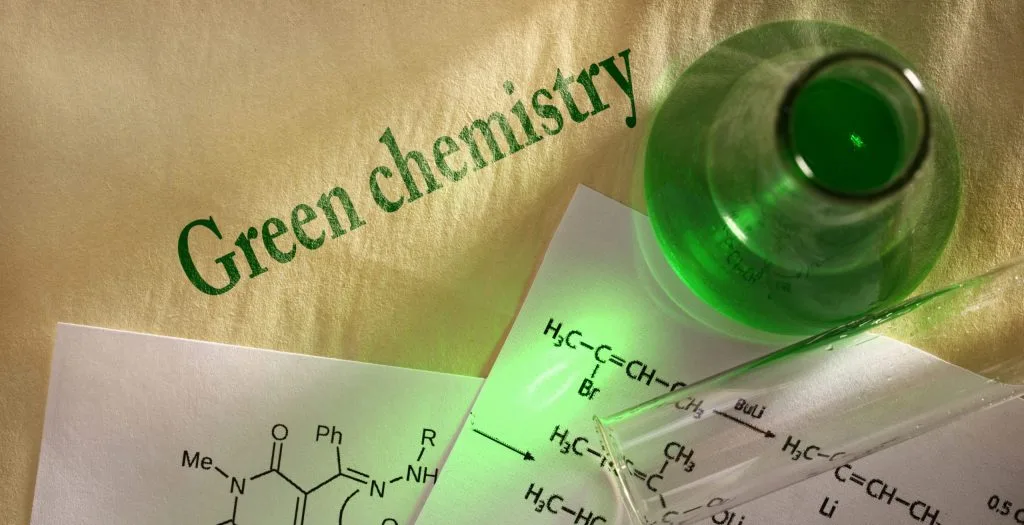Green chemistry, also known as sustainable chemistry, is a chemical philosophy that focuses on designing chemical products and processes that…
Read More

Green chemistry, also known as sustainable chemistry, is a chemical philosophy that focuses on designing chemical products and processes that…
Read More
Chemistry knowledge is essential for several reasons:
Read More
Chemistry knowledge is essential for several reasons:
Read More